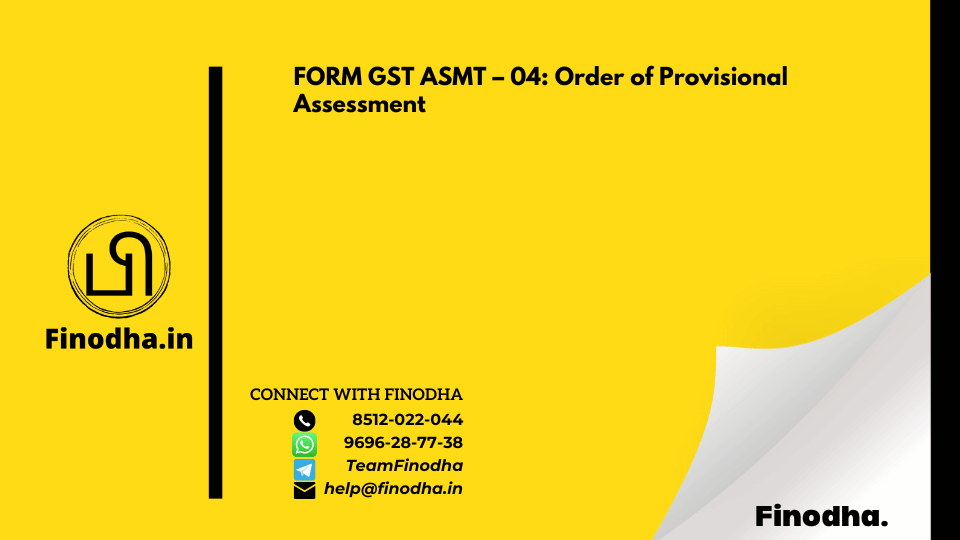Important keyword: Advance Tax Rules, Presumptive Tax, Salary Income.
Table of Contents
Advance Tax Rules, Calculations, and Due Dates
Human behavior often inclines towards increased spending when funds are easily accessible, potentially jeopardizing savings goals. Consider a scenario where someone earns income steadily throughout the year but tends to spend it on various needs and desires, often neglecting tax obligations. This oversight can lead to a situation where insufficient funds remain when it’s time to file tax returns and settle tax dues.
To prevent such predicaments, Advance Tax serves as a crucial solution. It allows taxpayers to pay their taxes in installments throughout the year based on their estimated income, ensuring that the tax burden is managed proactively rather than accumulating as a surprise expense during tax filing season. This systematic approach not only helps in avoiding financial strain but also promotes fiscal discipline by encouraging individuals to plan and allocate resources efficiently.
What are Advance Tax Rules?
Advance Tax Rules, as the name implies, involves paying income tax in advance rather than in a single payment at the end of the financial year during the filing of Income Tax Returns (ITR). This system requires taxpayers to make installment payments throughout the year based on their estimated income. Often referred to as “Pay As You Earn” tax, it ensures that individuals pay their tax liabilities proportionately and quarterly during the financial year.
One of the primary benefits of Advance tax is its contribution to a consistent cash flow into government accounts, which helps meet operational needs effectively. By spreading out tax payments, taxpayers can manage their financial obligations better and reduce the burden of a large lump-sum payment at the year-end. This proactive approach not only aids in financial planning but also promotes compliance with tax regulations, ensuring smooth operations for both taxpayers and the government.
Who is liable to Pay Advance Tax Rules?
Advance tax is mandatory for individuals whose tax liability for a financial year amounts to INR 10,000 or more. It must be paid in installments based on estimated income across all sources. When calculating tax liability, taxpayers need to include income from various heads, ensuring all earnings are accounted for. Additionally, any Tax Deducted at Source (TDS) or Tax Collected at Source (TCS) amounts deducted or collected should be factored in during the computation process. This ensures that the final tax liability accurately reflects all income streams and deductions, promoting transparency and adherence to tax regulations.
To determine whether advance tax is applicable and how to calculate it, taxpayers need to consider various factors based on their income sources. Here’s a breakdown:
- Exceptions for Advance Tax Liability:
- A resident individual aged 60 years or more, not having any taxable income under Business and Profession, is exempt from paying advance tax.
- Income Tax on Different Income Heads:
- Salary: Typically, tax on salary income is deducted by the employer as TDS. Salaried individuals usually do not have an advance tax liability unless they have additional income such as rental income or interest income exceeding INR 10,000.
- House Property: Advance tax is applicable on rental income if the tax liability on rent exceeds INR 10,000 after adjusting TDS deducted by the tenant.
- Capital Gains: Tax liability on capital gains arises when the gains are realized, not estimated. Advance tax is payable on capital gains income if it exceeds INR 10,000 in a financial year.
- Business & Profession: Businesses and professionals must calculate and pay tax in installments throughout the year. TDS deducted may not cover the entire tax liability.
- Income From Other Sources: Income like interest, dividends, or gifts requires calculation of tax liability. If the tax exceeds INR 10,000, advance tax must be paid.
- How to Calculate Advance Tax:
- Estimate Income: Calculate total taxable income from all sources.
- Deduct Deductions: Subtract eligible deductions under Section 80 such as investments.
- Calculate Tax Liability: Determine tax liability based on applicable tax rates.
- Assess Net Tax Liability: After accounting for taxes paid already (like TDS or TCS), if the remaining tax liability is INR 10,000 or more, advance tax is due.
- Advance Tax Payment Schedule:
- Advance tax is paid in installments as per specific due dates:
- On or before 15th June: 15% of estimated tax liability.
- On or before 15th September: 45% of estimated tax liability.
- On or before 15th December: 75% of estimated tax liability.
- On or before 15th March: 100% of estimated tax liability.
- Advance tax is paid in installments as per specific due dates:
Advance Tax Rules Due Dates
Tax is paid on the following dates of a financial year.
| On or Before | In the case of Individual and Corporate Taxpayers other than taxpayers opting for presumptive income u/s 44AD | Taxpayers opting for presumptive income u/s 44AD |
| 15th June | 15% of net tax payable | NIL |
| 15th September | 45% of net tax payable | NIL |
| 15th December | 75% of net tax payable | NIL |
| 15th March | 100% of net tax payable | 100% of net tax payable |
According to Section 234C of the Income Tax Act, any shortfall or failure in payment of advance tax attracts a penal interest of 1% per month until the total tax liability is paid. However, if tax liability of up to 12% in the first quarter, 36% in the second quarter and 90% in the last is paid then no interest will be levied.
Let’s understand through an example
Mr Akash has estimated his taxable income for the current year to be INR 20,00,000. He is not eligible to claim any income deductions. According to the rule, he is liable to pay a tax of INR 4,29,000 as per the old regime slab rate.
Let’s calculate Akash’s Advance Tax Rules:
| Due Date | Advance tax | Tax Payable |
| 15th June | INR 64,350 (15%) | INR 64,350 |
| 15th September | INR 1,93,050 (45%) | INR 1,28,700 (1,93,050- 64,350) |
| 15th December | INR 3,21,750 (75%) | INR 1,28,700 (3,21,750- 1,93,050) |
| 15th March | INR 4,29,000 (100%) | INR 1,07,250 (4,29,000- 1,07,250) |
Read More: Self-Assessment Tax: Rules and Calculation
Web Stories: Self-Assessment Tax: Rules and Calculation
Official Income Tax Return filing website: https://incometaxindia.gov.in/





0 Comments